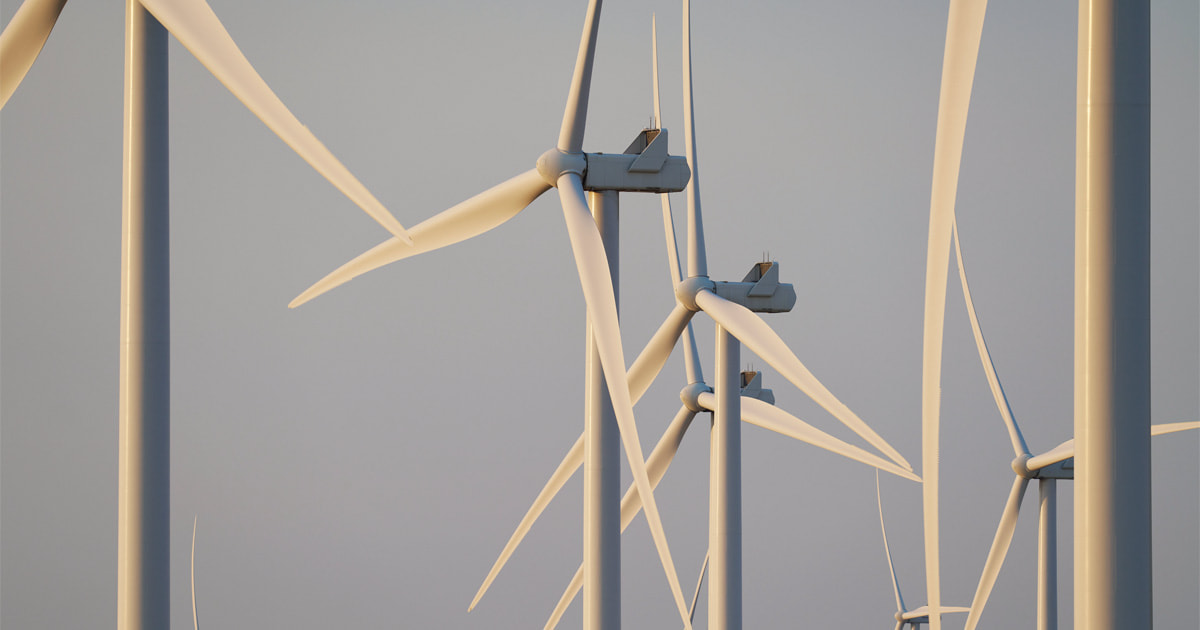Results at a glance:
■ WA rural confidence remains at historically-high levels
■ Best start to season in a decade and strong commodity prices fuel optimism
■ More than a third of respondents expecting higher farm incomes in 2021/22
The “best start in a decade” for Western Australia’s winter cropping program has kept spirits high among the state’s farmers, the latest quarterly Rabobank Rural Confidence Survey has found.
The survey, released today, found WA farmer confidence remained close to last quarter’s stellar level and at one of the top 10 readings in the survey’s 20-year history.
The “near perfect” start to the season and strong commodity prices were expected to flow into the balance sheets of the state’s farming businesses, with more than a third of WA farmers surveyed expecting to generate a higher income in 2021/22, with this figure increasing to half of those in the grain sector.
The survey, completed last month, found 38 per cent of WA farmers were expecting conditions in the agricultural economy to improve over the next 12 months – in line with last quarter’s reading of 40 per cent.
A further 53 per cent expected a continuation of last year’s overall very positive agricultural conditions, while just six per cent were anticipating a deterioration.
Rabobank regional manager for Western Australia Steve Kelly said the strong positive sentiment prevailing in the state’s agricultural sector was “not surprising” given the “almost perfect start” to 2021 right across the WA cropping regions.
“It’s the best start we have had in a decade”, he said.
“On the back of good rainfall in March and April, the rains then continued with Cyclone Seroja. And, while the cyclone caused a lot of damage to infrastructure – including houses, sheds and machinery – in some cases the benefit of the rainfall offset the disappointment of the damage.”
With above-average rainfall falling across the wheatbelt in March and April, Mr Kelly said this was backed up by good follow-up rain in May.
“Many areas received another top-up of more than 20 millimetres in late May, which has shored up a full soil-moisture profile in most areas,” he said.
“It has been wall-to-wall plantings with most of the crop now in as farmers look to seed 100 per cent of their planned program.”
Mr Kelly said the bank was forecasting winter crop plantings in WA to be two per cent higher than last year, at 8.49 million hectares, which, if achieved, would be almost the highest on record.
“We are seeing a swing out of barley into canola driven by record canola prices and early moisture favouring crops such as canola,” he said.
With new crop canola prices reaching above $800/tonne in recent weeks, and now still trading around $770/tonne, Mr Kelly said he couldn’t remember prices at these levels.
“Wheat prices are also very profitable when they have a ‘three’ in front of it, and while prices have come off in the last few weeks, wheat is still fetching above $300/tonne,” he said. And this has seen many farmers take the opportunity to forward sell.
“Many are taking the price risk off the table by locking in more, earlier in the season, and this is backed up by confidence as a result of the moisture,” he said.
This has seen more than a third of the state’s grain growers – at 35 per cent – expecting conditions to improve over the next 12 months. This was up on the 31 per cent of grain growers with that view this time last year, Mr Kelly said.
“And we would expect confidence in the grains sector would be even higher now as the survey was conducted before the widespread rains in late-May which has just topped off the season,” he said.
Across agricultural sectors, the survey found commodity prices continue to underpin much of the positive sentiment prevailing in the state, cited by 77 per cent of WA farmers with a positive outlook as a key reason for their optimism, while the season was cited by 49 per cent.
Sentiment was strong in the sheep sector, with 43 per cent expecting business conditions to improve and a further 52 per cent expecting them to remain stable.
“The good early establishment of pastures and the replenishment of water in dams has set up sheep producers,” Mr Kelly said, “and, when combined with good prices, it really is an extremely positive environment.”
While confidence eased slightly in the state’s beef sector, the survey found close to half (at 49 per cent) were still expecting similar conditions to last year on the back of good rain in the pastoral areas – which was consolidated by 30 to 70 millimetres in late May – and high beef prices.
In line with the positive sentiment prevailing across the state’s agricultural sector, WA farmers retained strong income projections for their farming businesses, with 36 per cent expecting a higher gross farm income in 2021/22 and around half (54 per cent) looking at a similar financial result to last year.
Grain growers, in particular, are bullish about their prospects, with 50 per cent expecting their gross farm incomes to increase in 2021/22.
WA farmers also continued to hold strong investment plans, with 29 per cent looking to increase investment in the coming 12 months and the remaining 71 per cent intending to maintain investment at current levels.
“These investment plans are not only driven by strong balance sheets, but also low interest rates and the instant asset write-off stimulus measure,” Mr Kelly said.
“The rural property market also remains very strong with properties hotly contested when they come on the market – albeit supply remains limited.”
While there is still a long way to go in the season, Mr Kelly said, the state’s agricultural sector was off to a very promising start.
“If this was the first quarter, we are already five goals up,” he said.
A comprehensive monitor of outlook and sentiment in Australian rural industries, the Rabobank Rural Confidence Survey questions an average of 1000 primary producers across a wide range of commodities and geographical areas throughout Australia on a quarterly basis.
The most robust study of its type in Australia, the Rabobank Rural Confidence Survey has been conducted since 2000 by an independent research organisation. The next results are scheduled for release in September 2021.







